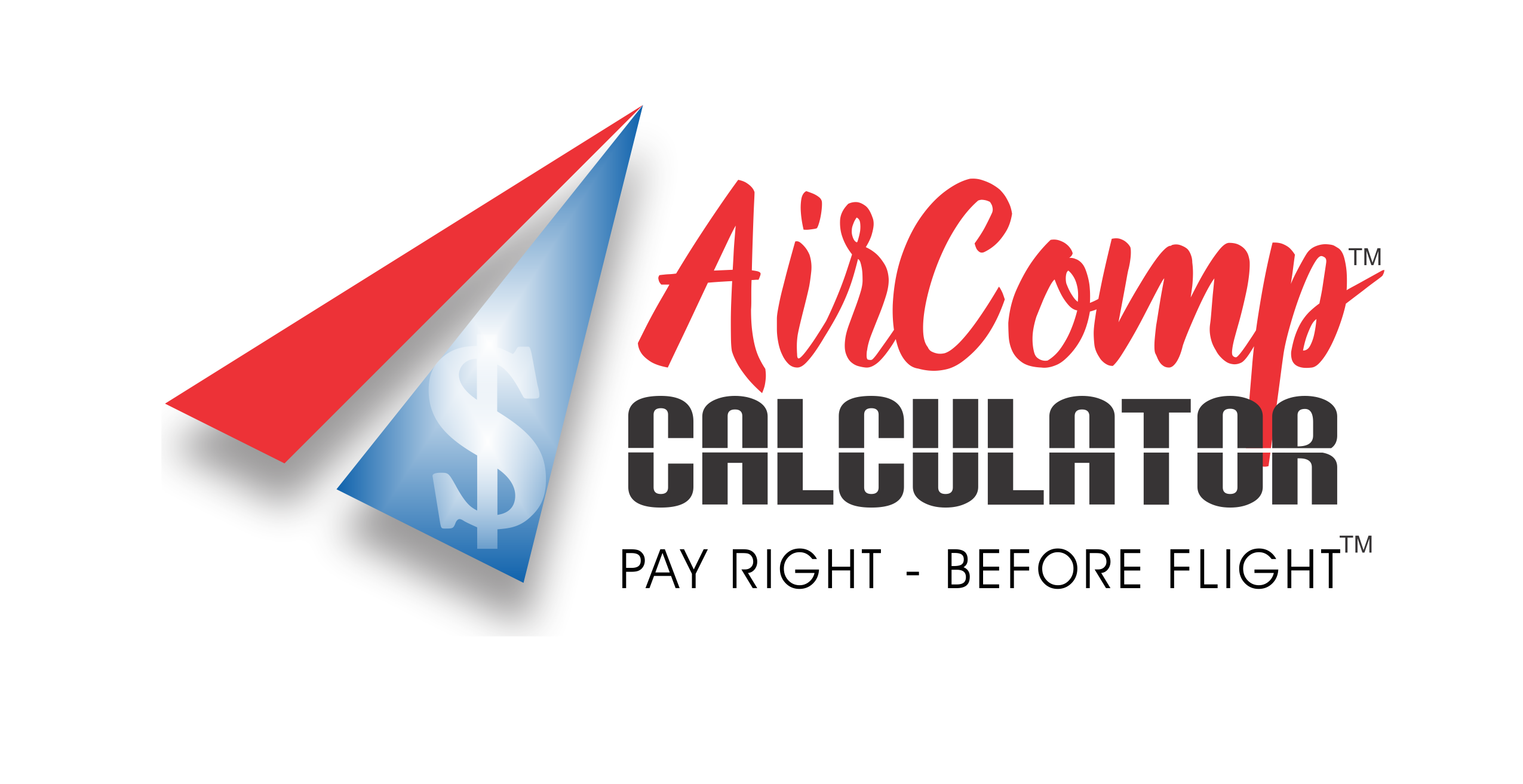Christopher M. Broyhill, Ph.D., CAM
In this installment of my continuing series on business aviation compensation trends, we'll examine the position of "first officer," a position that comes with its own unique set of anomalies. To begin with, in the majority of the surveys I use for compensation analysis, the title isn't "First Officer" as much as it is "Co-pilot" although the job descriptions tend to be consistent across the board. In general, first officers/co-pilots assist the captain in the operation of the aircraft and are prepared to assume command of the aircraft if the captain is incapacitated.
From a compensation perspective, we tend to see a distinct gap between captains and first officers. This gap is driven by two factors, one obvious, the other not so apparent. The obvious factor is the difference in experience requirements between typical captains and first officers. Captains tend to have more total time and more experience in the specific aircraft than first officers do. Additionally, captains tend to be more senior in the industry than first officers and in most cases, are older. More experience and seniority usually equates to higher compensation levels. The not so apparent factor in the compensation gap is a function of the compensation structure that exists in most corporate flight departments. In these structures, first officers are in a lower employee grade /pay band than captains are and as such, may not be eligible for annual short term incentive (bonus) payments, or, if they are eligible, the percentage of their base salary paid as a bonus will be smaller than that of their captain counterparts.
So, with this as a prelude, let's examine the trends in first officer compensation since 2015. Note that although the percentage increases are relatively high, the dollar increases aren't as dramatic as previous positions we've examined because of the smaller starting numbers on which the percentages are based.

From 2015 to 2019, average first officer base salary increased from $82,551 to $98,102, a gain of nearly 19%. During the same period, 75th percentile first officer base salary increased from $92,987 to $114,688. Note that while 75th percentile base salary decreased slightly from 2016 to 2017, the overall gain over the five-year period was higher than that of the average range at 23.3%.

From 2015 to 2019, average first officer total cash compensation increased from $87,054 to $102,973, a gain of 18.3%. During the same period, 75th percentile first officer total cash compensation increased from $94,818 to $121,516, a gain of over 28%. There are three interesting observations to be made here. First, note that while base salary at the 75th percentile decreased slightly from 2016 to 2017, total cash compensation increased over that same period. Secondly, we can see the small cash differences between base salary and total cash compensation at the first officer pay level, from a low of $1,831 at the 75th percentile in 2015 to a high of $6,828 at the 75th percentile level in 2019. Finally, note in some cases, the differences in total cash compensation and base salary are actually higher at the average level than they are at the 75th percentile level. It would appear that being paid at a higher base level doesn't always equate to a higher percentage of bonus pay.
In previous articles in this series, I've maintained that the current hiatus in the pilot shortage generated by the COVID-19 crisis would not decrease compensation level trends as much as it would flatten them. That may not be the case in the first officer ranks. The temporary pilot oversupply generated by airline and charter operator furloughs may significantly drive down the demand for first officers, and usually, when demand drops, compensation follows. I sincerely hope I'm wrong in that prediction but time will tell. We'll have to wait for the 2021 survey data to see the full effect.
If you have questions about compensation data or trends, feel free to contact me at chris@aircomprx.com. Stay tuned for the debut of the AirComp Calculator (TM), an online compensation analysis engine. Coming soon! In the meantime, stay healthy and stay safe.
